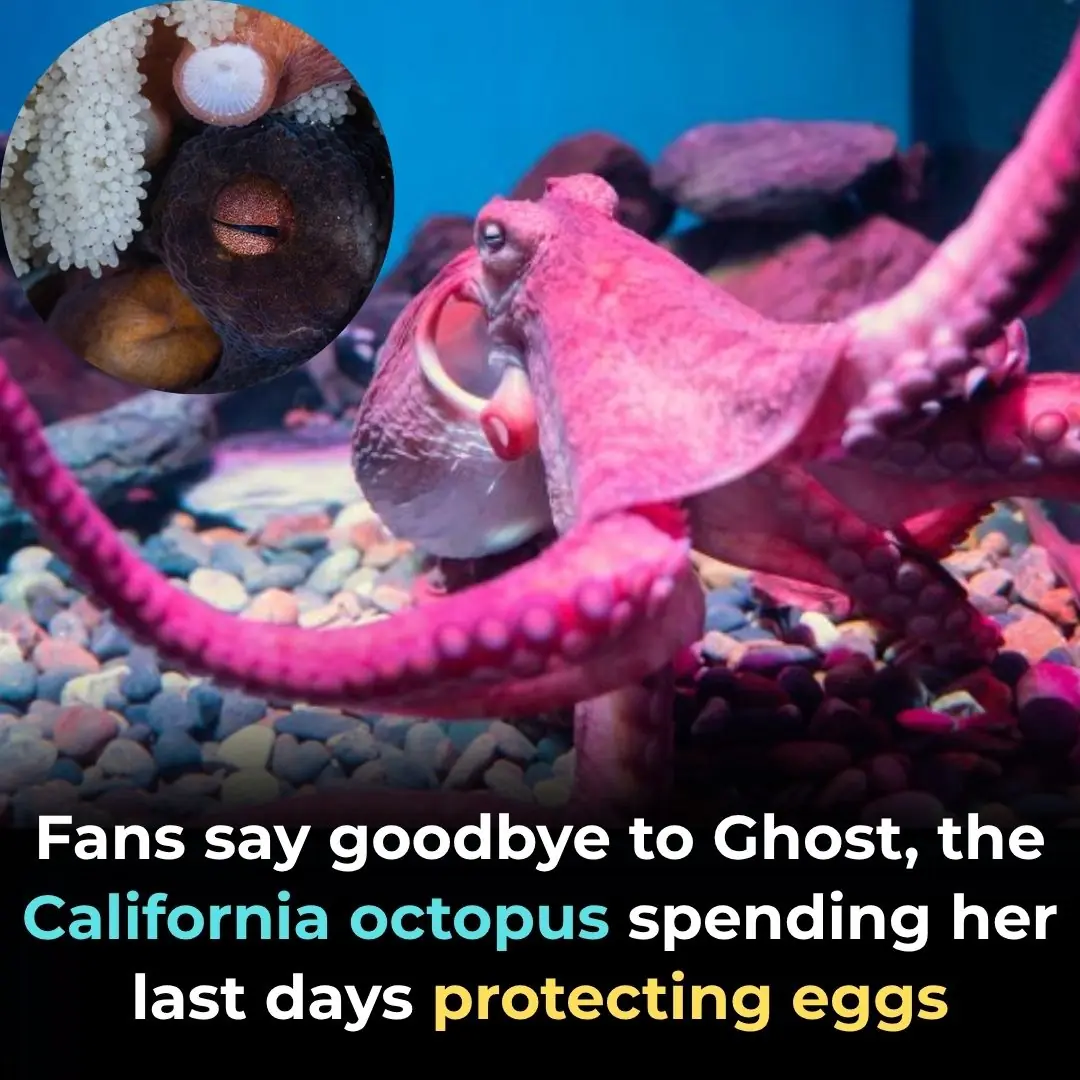
How China is Reshaping Online Influence Through New Rules

China’s influencer economy, once the Wild West of the digital world, is being brought to heel. From October 2025 onward, any influencer who wishes to discuss sensitive or specialized topics such as medicine, law, education, or finance must first prove they actually know what they’re talking about. Gone are the days when confidence and charisma alone could make someone a “guru.” Under a sweeping new “code of conduct” issued by China’s State Administration of Radio and Television and the Ministry of Culture and Tourism, creators must now hold verifiable qualifications in the fields they discuss—transforming online influence from a playground of personalities into a system of certified expertise.
This move signals a major shift in China’s approach to online culture. Livestreaming and influencer marketing have exploded into a trillion-yuan industry, with content creators driving nearly ten percent of all e-commerce sales. But with that meteoric rise came a darker undercurrent: misinformation, unverified health claims, and get-rich-quick financial schemes. For years, livestreamers wielded immense power, shaping public opinion and consumer habits with little oversight. Now, the Chinese government is drawing a digital line in the sand, redefining what it means to be credible in the age of influence. The impact will stretch far beyond social media, potentially reshaping the relationship between online creators, their audiences, and the state itself.
From Internet Gold Rush to Regulated Industry
For nearly a decade, China’s livestreaming scene has been a virtual gold rush. Anyone with a smartphone, a ring light, and an engaging personality could transform overnight from a casual content creator into a national celebrity. Influencers sold everything from beauty products to miracle diets, from self-help strategies to legal advice. The formula was simple: authenticity, charisma, and relentless engagement. For many, it was a pathway out of traditional employment—a career made possible by creativity rather than credentials.
But that open-door policy came at a cost. During the pandemic, misinformation spread like wildfire. Self-proclaimed health experts promoted untested cures; amateur financial advisers dispensed risky investment guidance. Regulators watched as unqualified creators amassed huge followings while peddling dubious claims and half-truths. The line between entertainment and expertise blurred beyond recognition.
This convergence of influence and misinformation became a growing concern for Chinese authorities, who saw online credibility morphing into a national issue. As misinformation affected health choices, financial decisions, and public discourse, officials decided that the time for voluntary regulation was over.
The new rules demand that influencers who discuss any topic requiring professional expertise must show proof of relevant qualifications—degrees, licenses, or certifications. Platforms like Douyin (China’s version of TikTok), Bilibili, and Kuaishou are now legally responsible for verifying these credentials before allowing creators to broadcast. In other words, the state has deputized tech companies as both gatekeepers and enforcers of expertise. Those caught flouting the rules face bans, blacklisting, and public shaming. Beijing’s official message is clear: influence is a privilege that must be earned, not an entitlement born of popularity.
Professionalism or Political Control?

On the surface, the move appears to be about safety and professionalism. After all, who wouldn’t prefer to get medical advice from a certified doctor instead of a charismatic stranger with no credentials? Yet, as with many of China’s regulatory efforts, the policy blurs the line between quality control and ideological conformity. The same code that demands professional qualifications also bans content that “distorts or weakens” the leadership of the Communist Party, insults national heroes, or undermines traditional Chinese culture. Livestreamers are forbidden from flaunting luxury lifestyles, promoting excessive consumption, or engaging in gossip and scandal.
The subtext is unmistakable: this isn’t just about ensuring competence—it’s about enforcing conformity. The government is using the language of professionalism to expand political oversight into the influencer economy. By defining who counts as an expert, Beijing effectively defines who has the right to speak. Critics argue that the policy could muzzle independent voices and tighten the already narrow boundaries of permissible speech online. A certified doctor could still be silenced if their medical advice contradicts state messaging. A financial analyst might lose their platform for interpreting market data too freely.
Still, supporters within China see the move as a necessary correction to years of online chaos. They argue that in a world where misinformation can have deadly consequences, some form of credentialing is inevitable. In this view, China’s crackdown represents the maturation of a digital industry that had grown too powerful and too unruly for its own good. But beneath that surface pragmatism lies a broader question: can a government truly promote expertise without politicizing it?
The Influencer Economy at a Crossroads

The new regulations have sent shockwaves through China’s influencer community. Livestreaming has long been one of the country’s fastest-growing industries, with an estimated 1.23 million professional hosts and aides working in the field by 2020—a number that skyrocketed during the COVID-19 pandemic. At its peak, the industry was worth over 1.2 trillion yuan (roughly $179 billion). For many young people facing high unemployment, becoming an influencer seemed like one of the few remaining paths to upward mobility. Now, that door has narrowed considerably.
Platforms like Kuaishou have already begun implementing verification systems. Influencers claiming expertise must upload proof of credentials such as ID cards and professional licenses to receive a verified status badge. While not yet mandatory for all, the writing is on the wall. As one People’s Daily commentary put it, “Live-streaming is not a job you can do just by preparing some equipment and jokes.” The era of easy fame appears to be ending.
For top creators, the risks are higher than ever. China’s most famous livestreamers, such as Austin Li Jiaqi (known as the “Lipstick King”) and Huang Wei (Viya), have already faced harsh penalties for perceived missteps—from tax violations to politically sensitive imagery. Many influencers have vanished overnight after crossing invisible lines. Now, with new bureaucratic hurdles and heightened political oversight, the pressure to self-censor has never been greater. The same creative spontaneity that made livestreaming popular could be extinguished by fear of non-compliance.
Even smaller creators—those who once thrived in niche markets like education or personal finance—are worried that new credential requirements will squeeze them out entirely. For a generation that grew up believing the internet was a space of limitless possibility, the new rules feel like a closing door.
Global Ripples and Comparisons

While uniquely Chinese in its execution, the underlying logic of these regulations resonates globally. Governments around the world are grappling with how to balance free expression with public safety in the digital age. The European Union’s Digital Services Act, for instance, compels platforms to remove misinformation and disclose how they moderate content. Spain’s Influencer Law requires creators with more than a million followers to register and label all advertisements. Meanwhile, U.S. regulators are increasingly scrutinizing influencer marketing for deceptive or harmful content, particularly around health, finance, and political misinformation.
The difference lies in degree, not intent. Western democracies lean toward transparency and self-regulation, whereas China prefers centralized enforcement. Yet, the same dilemma persists everywhere: how do you protect citizens from misinformation without silencing legitimate voices? In China, that balance is tilted heavily toward control. Beijing’s model turns platforms into instruments of governance, tasked with filtering both expertise and ideology. In contrast, Western approaches often rely on audience education, disclaimers, and platform accountability.
Some observers believe China’s policy could serve as a preview of what’s to come globally. As AI-generated content blurs the line between real and fake, the call for verified expertise is growing louder. Platforms like YouTube already elevate “authoritative sources” on health and finance topics while suppressing unverified voices. If the digital world continues to grapple with misinformation crises, China’s credential-based model might not seem so extreme—merely ahead of its time.
The Future of Creativity and Control

Regulation inevitably reshapes culture, and in China’s case, that transformation will be profound. Livestreaming has always thrived on authenticity—the unfiltered connection between creator and audience. Now, the spontaneity that once defined the medium risks being replaced by polished, state-approved performances. Influencers, once celebrated for their relatability, may evolve into something closer to licensed broadcasters.
This shift raises existential questions for the creative community. Will audiences still trust influencers who are effectively extensions of the state’s communication apparatus? Will creators dare to innovate under constant scrutiny? For many, the fear of punishment will outweigh the desire to push boundaries. The irony is palpable: a system designed to enhance credibility could ultimately erode the authenticity that made influencers credible in the first place.
Yet, there’s also a pragmatic view that sees this as an inevitable stage of digital evolution. Every new medium—from radio to television—faced its own regulatory reckoning. The internet simply delayed its moment of accountability. What’s happening in China may be the first chapter in a global story—one where influence is professionalized, credentials replace charisma, and the digital Wild West gives way to a bureaucratic order.
Trust in the Digital Age

At its core, this policy forces the world to reconsider what trust means online. For years, followers equated authenticity with truth: if someone felt real, they were believed. Now, Beijing is rewriting that equation. Trust, according to these rules, must be institutional—backed by documentation and state approval. In a time when misinformation can sway elections, shape financial markets, and affect public health, that argument carries undeniable weight. It’s hard to fault the logic of demanding real qualifications for serious subjects.
But trust is more than a credential. It’s built through human connection, transparency, and dialogue. Over-regulation risks turning influencers into distant authorities, stripping away the sense of intimacy that makes digital communities thrive. The result could be a cleaner but colder internet—one where content is safer but less spontaneous, more accurate but less alive.
Still, China’s approach taps into a growing global anxiety: the fear that truth itself is becoming impossible to verify. Whether the world embraces or rejects Beijing’s model, it’s clear that the days of unregulated online expertise are numbered. The question is not whether regulation will come, but what form it will take.
The New Digital Order
China’s new influencer code is more than a policy—it’s a declaration of digital sovereignty. By asserting control over who gets to speak and on what terms, Beijing is reshaping the very architecture of online discourse. The message is unmistakable: influence must align with responsibility, and responsibility must align with authority. In the West, such measures might be viewed as heavy-handed censorship. In China, they’re framed as moral and professional necessity.
Whether this model becomes a blueprint or a cautionary tale remains to be seen. If it succeeds in curbing misinformation without extinguishing creativity, it could inspire similar frameworks elsewhere. If it devolves into another instrument of political control, it will stand as a warning about the perils of equating regulation with truth. Either way, one thing is certain—the influencer era as we knew it is over. The future belongs not to those who shout the loudest, but to those who can prove they deserve to be heard.
News in the same category

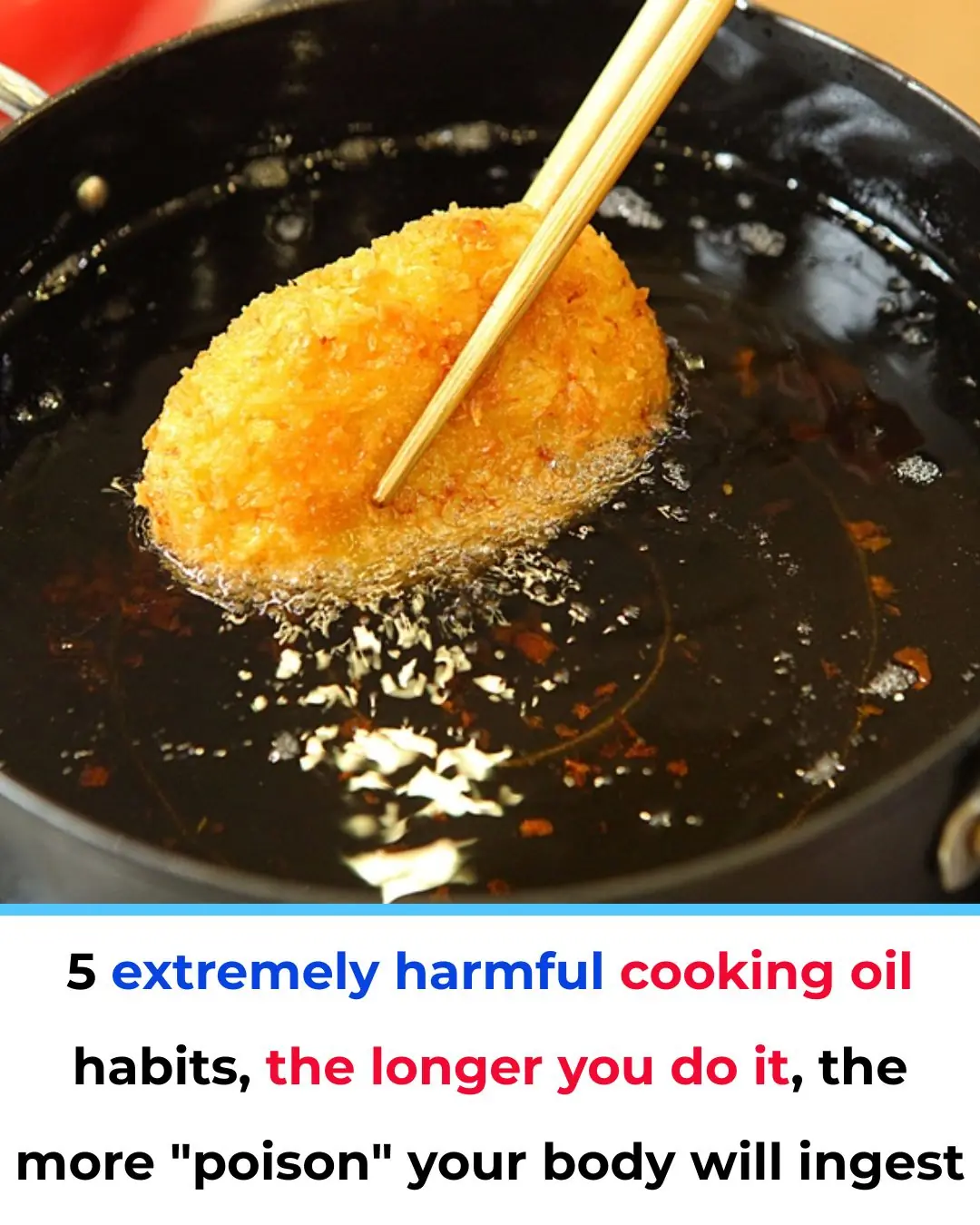
5 Extremely Harmful Cooking Oil Habits That Slowly Poison Your Body
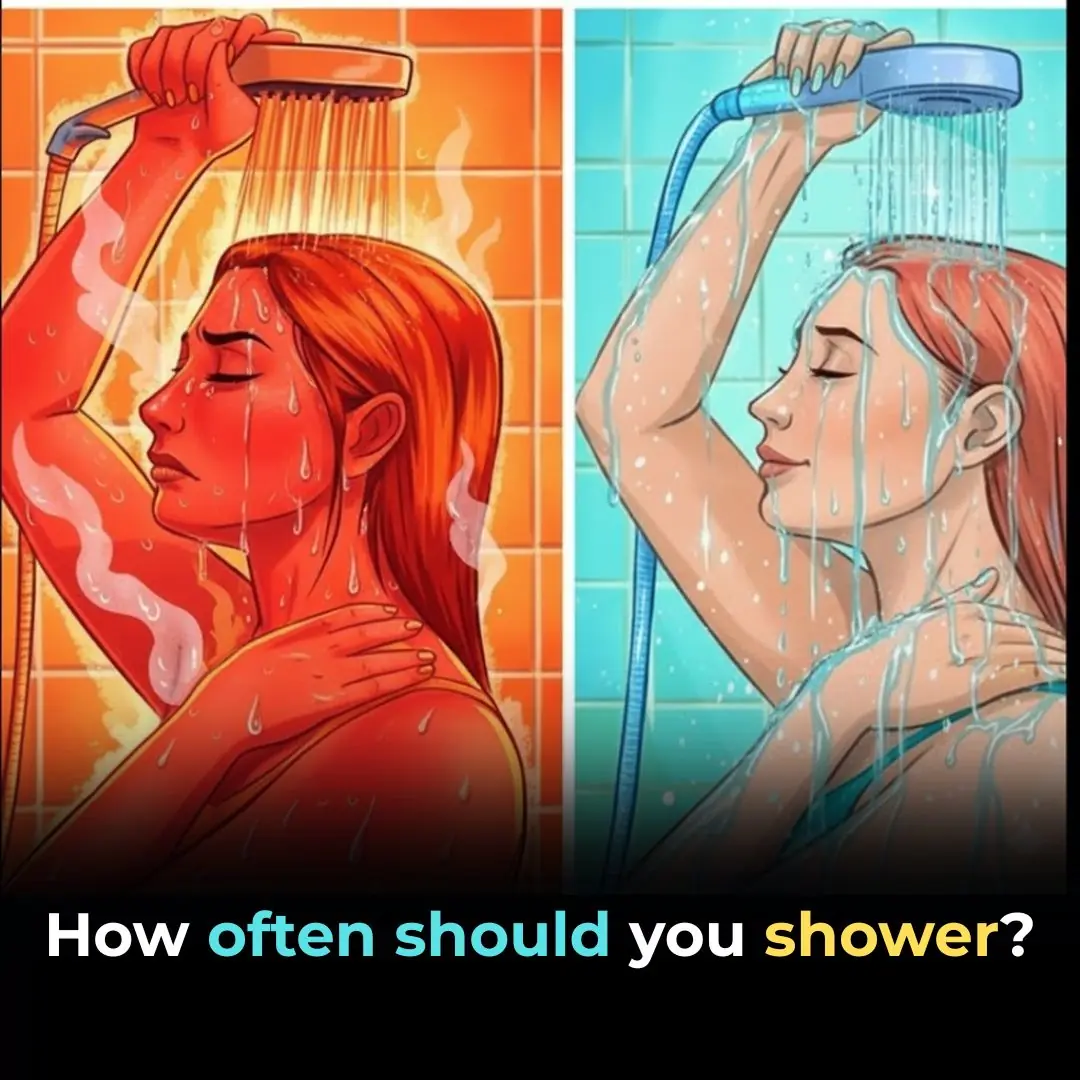
How often should you shower
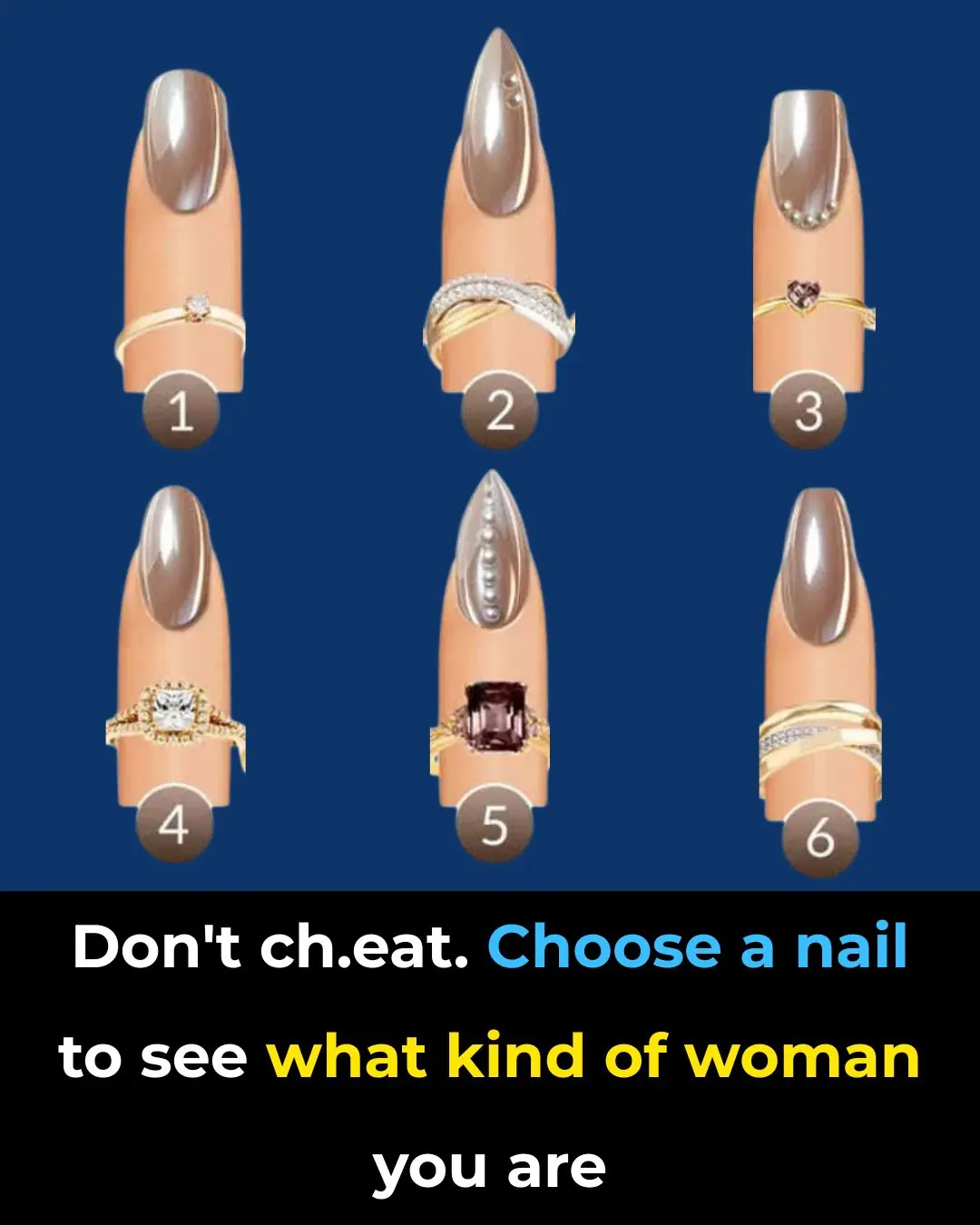
Choose a Nail to Discover What Kind of Woman You Are
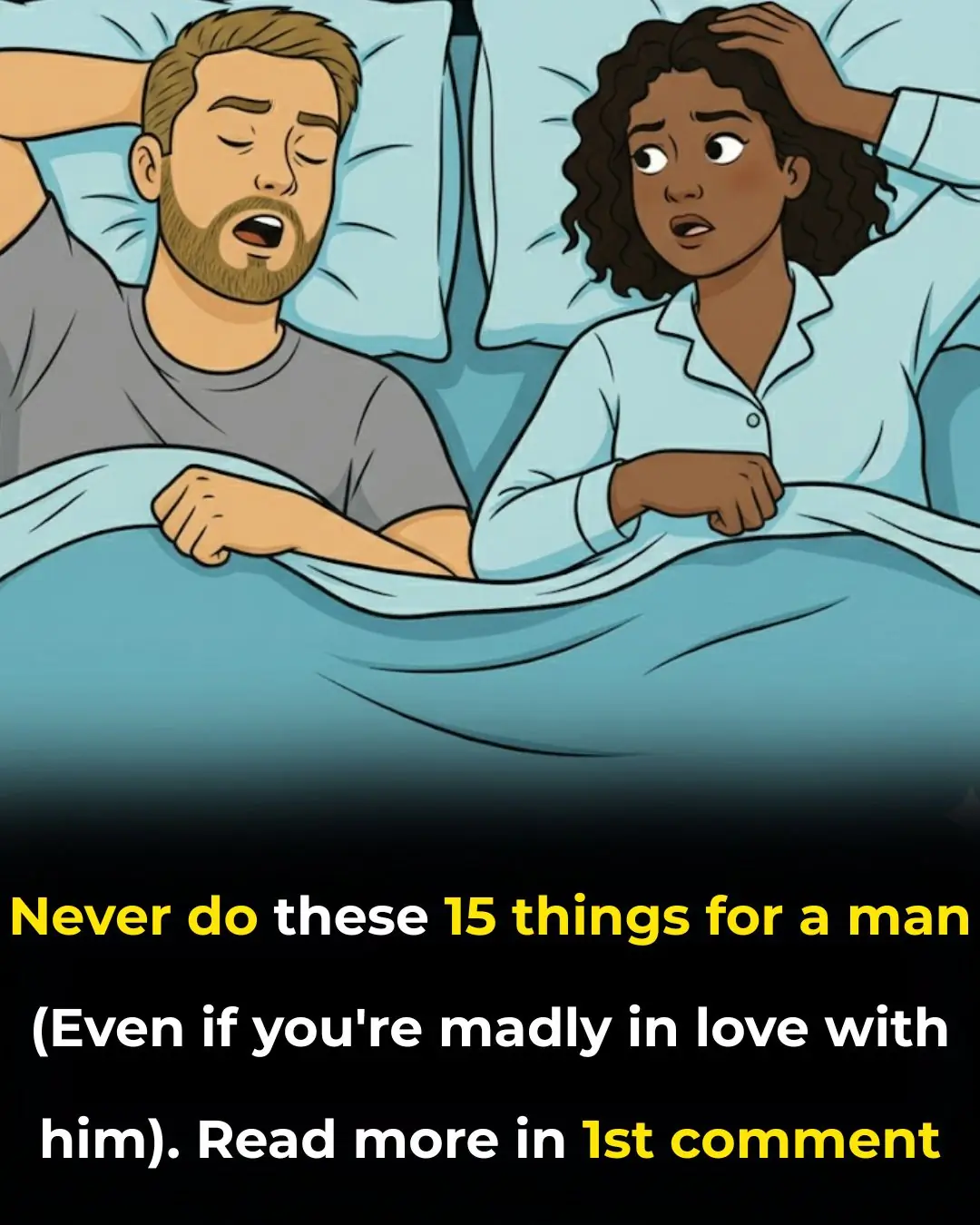
Never Do These 15 Things for a Man (Even If You’re Madly in Love With Him)
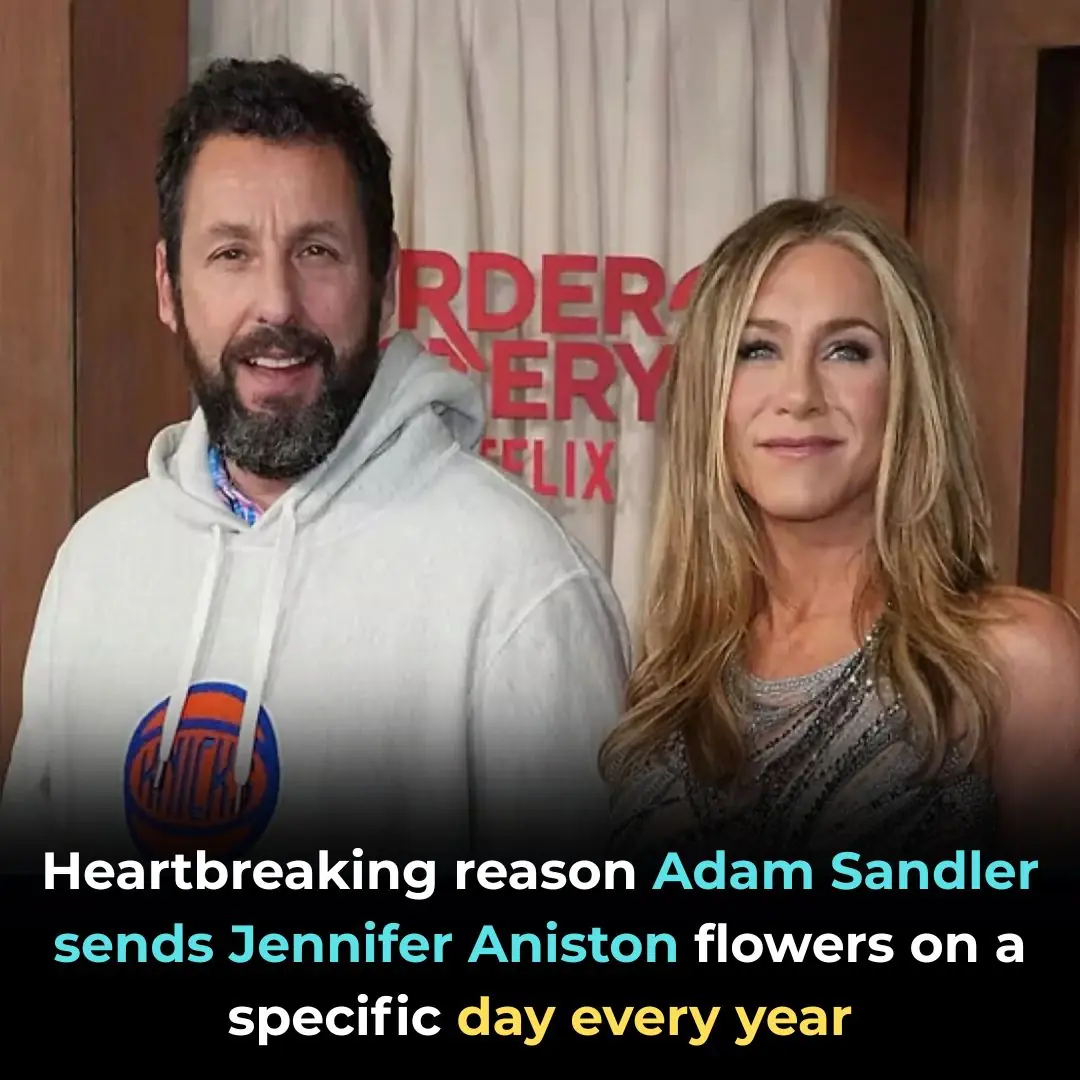
Adam Sandler Sends Heartfelt Flowers to Jennifer Aniston EVERY Year On a Specific Day and Here’s Why

Scientists Found IV Bags Could Send Microplastics Directly Into Your Bloodstream During Infusions
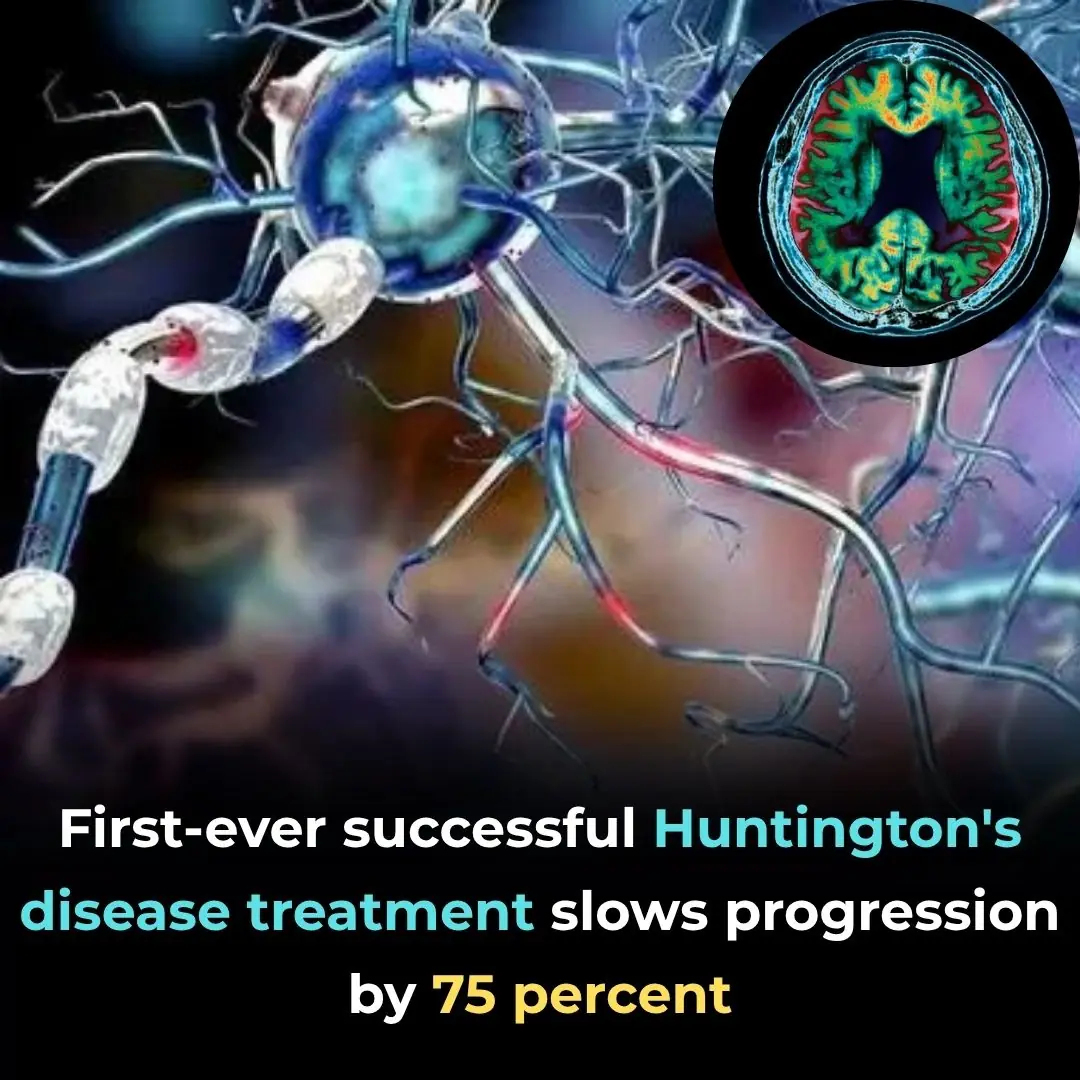
The Dawn of Genetic Healing: A New Hope for Huntington’s Disease

The Hidden Meanings Behind Men Wearing Earring
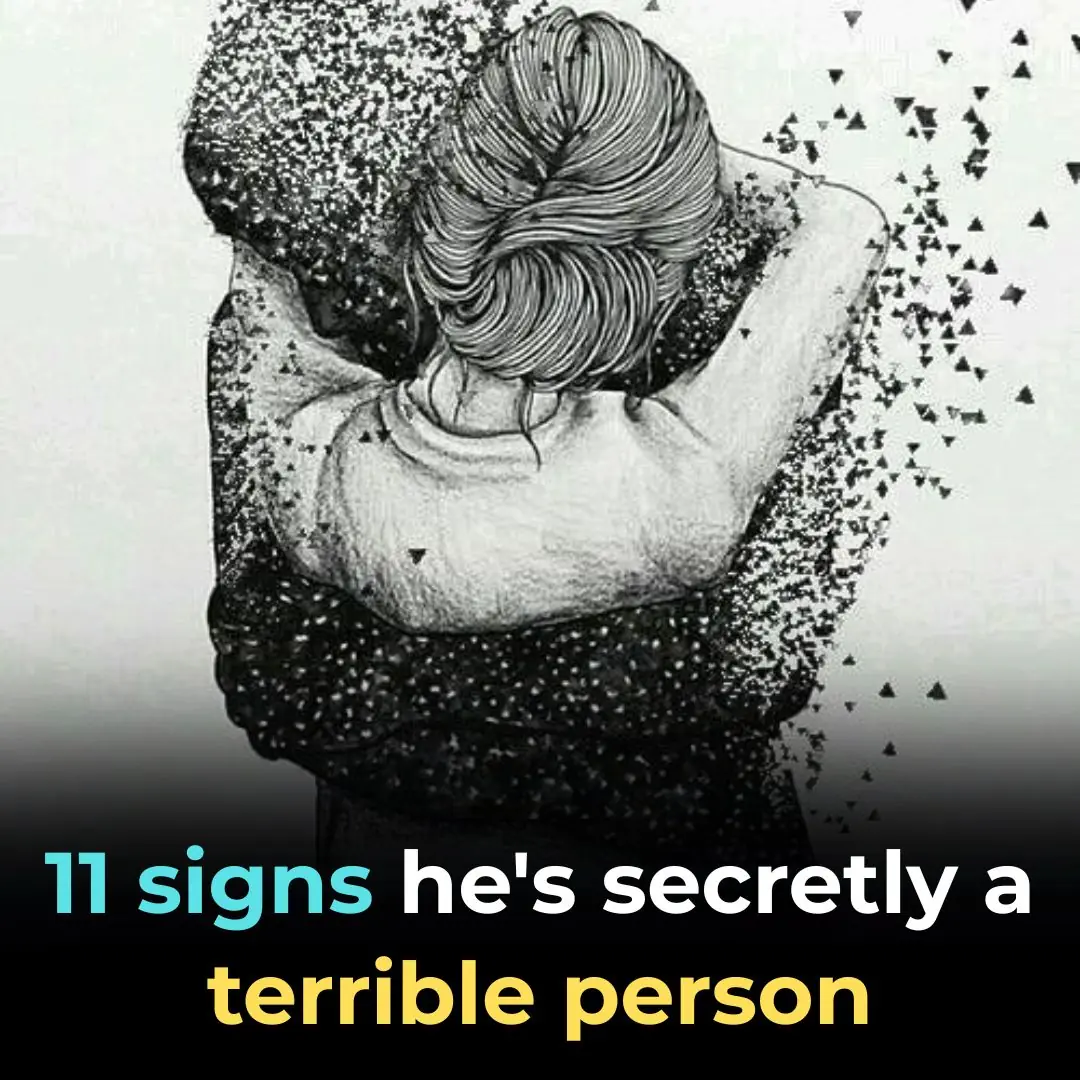
20 Subtle Signs He’s Not as Good as He Seems

Why Your Hard-Boiled Eggs Have That Weird Green Ring

Aluminum Foil Can Help You Boost Your Wi-Fi Signal
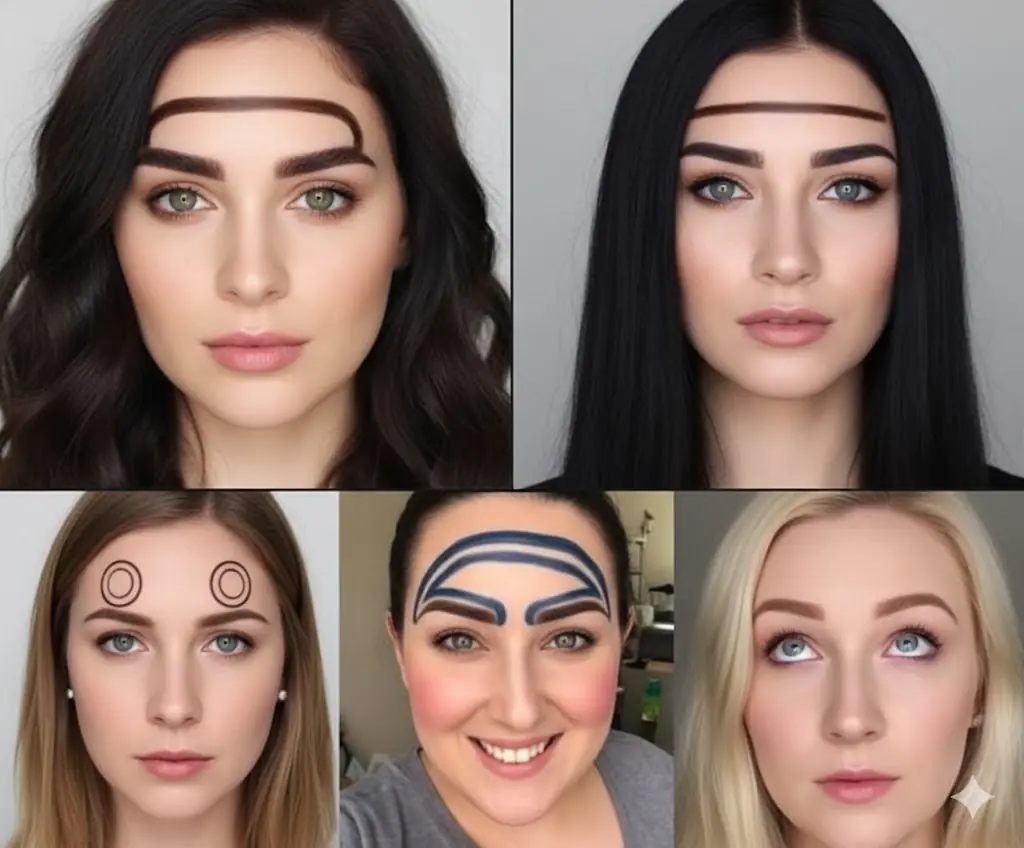
Halo Brows: The Playful, Loopy New Beauty Trend Taking Over
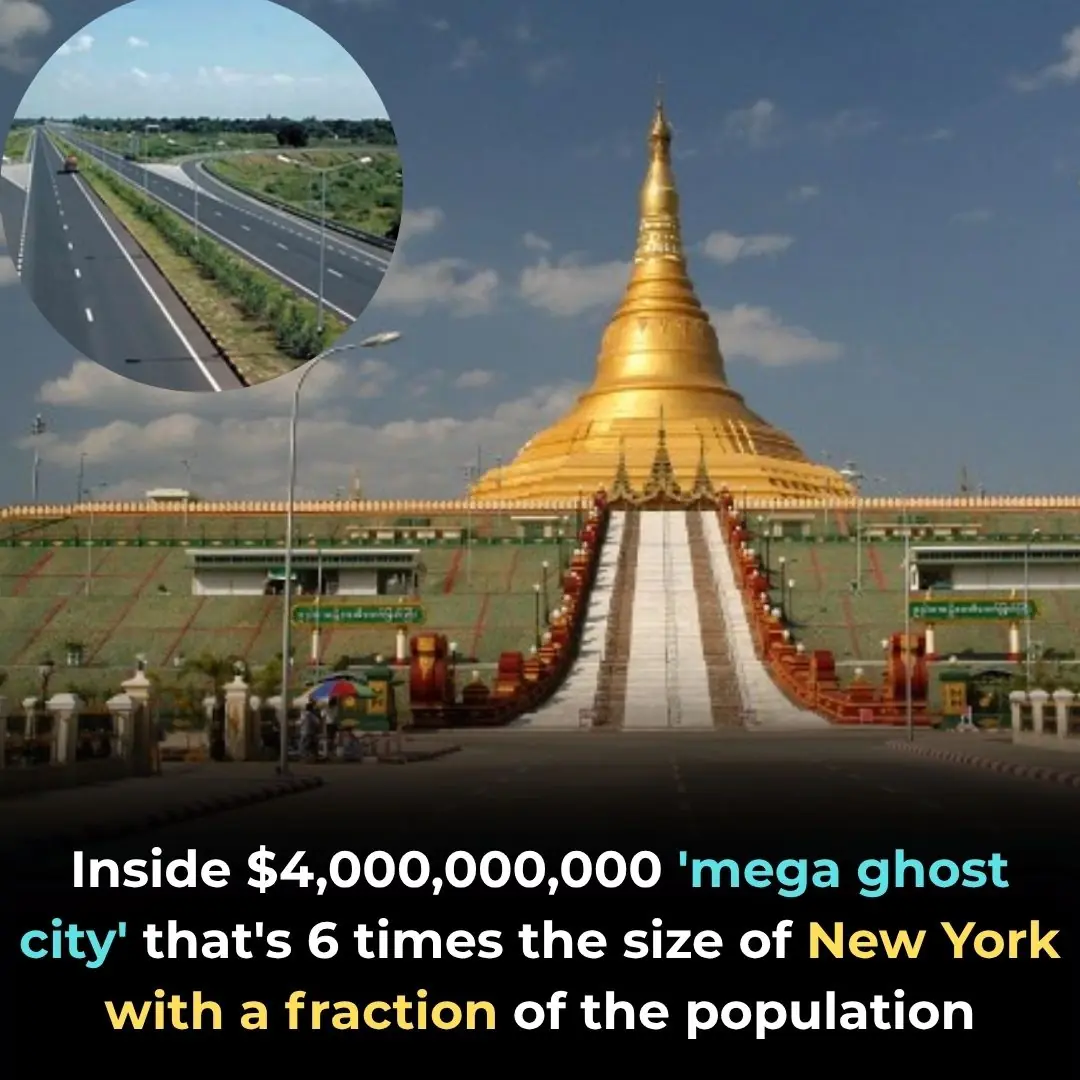
Inside $4,000,000,000 'mega ghost city' that's 6 times the size of New York with a fraction of the population
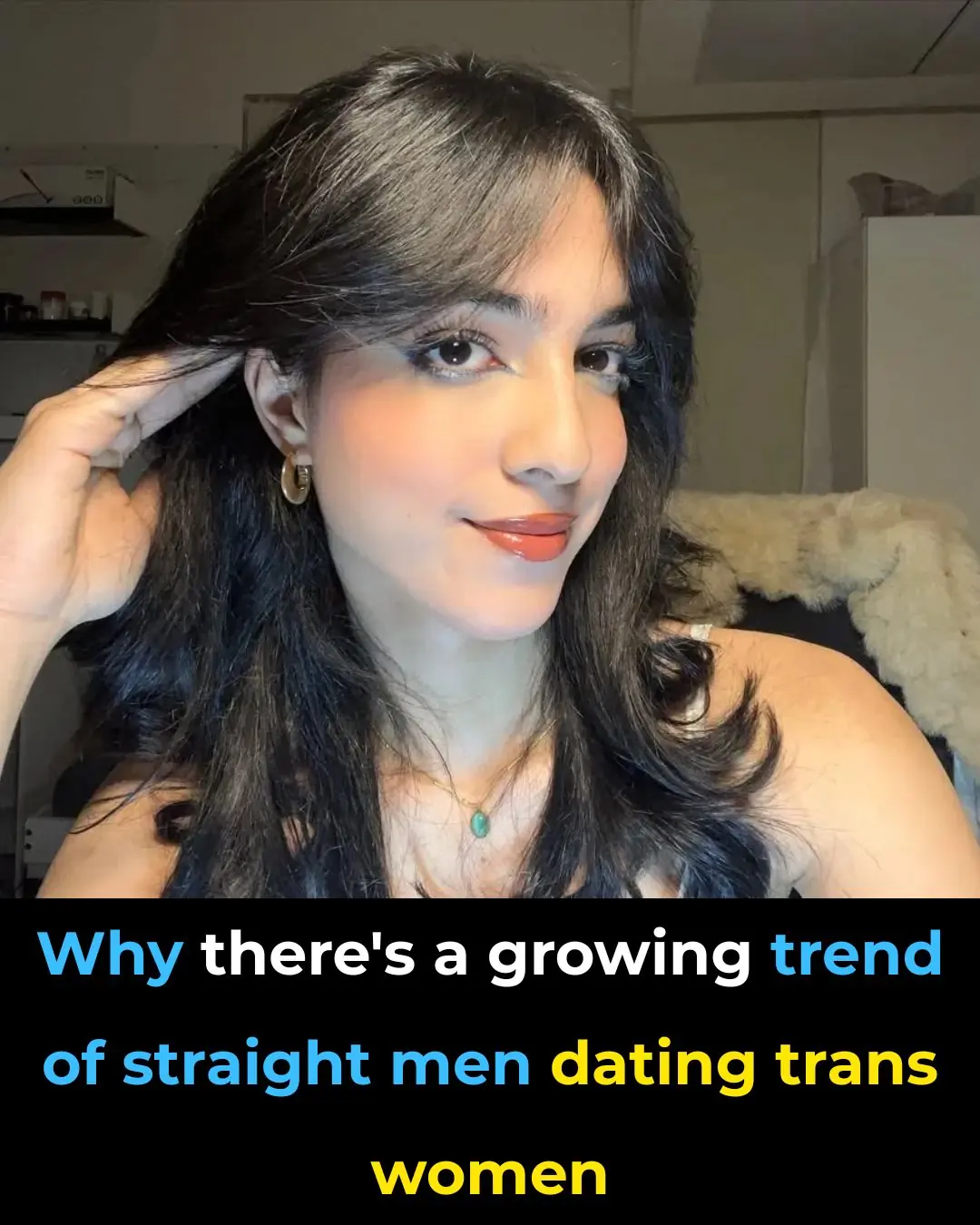
Why There's A Growing Trend Of Straight Men Dating Trans Women

What Really Happens When You Drink Coffee Every Morning

Joseph Gordon-Levitt Urges a Global Pause on AI Superintelligence Until Safety Measures Are in Place

The Three Nations Working Together to Protect the Mayan Jungle
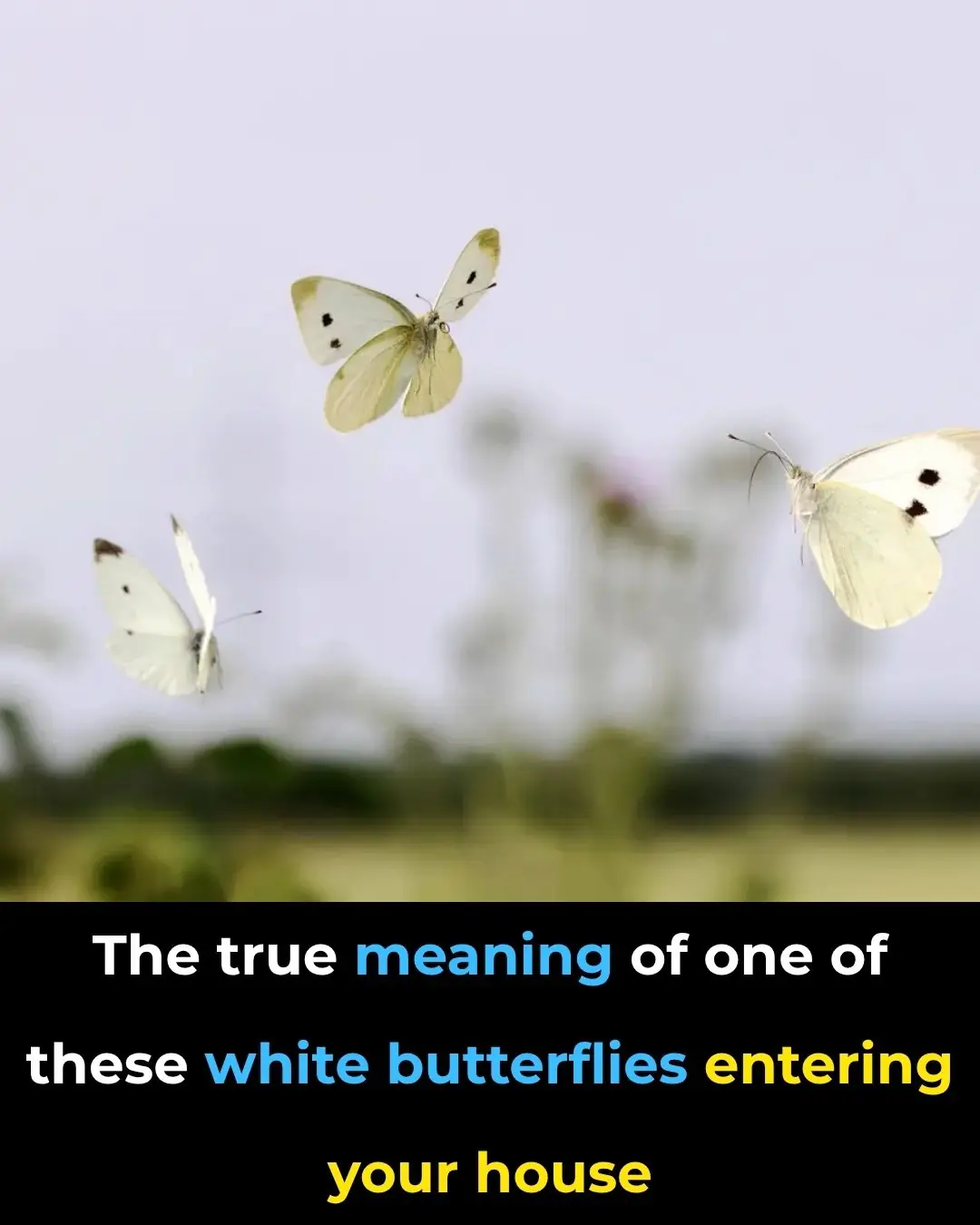
The Spiritual Meaning of White Butterflies in Your Home
News Post

Ghost the Giant Pacific Octopus Captures Hearts in Her Final Moments

Collagen booster night cream!!

5 Extremely Harmful Cooking Oil Habits That Slowly Poison Your Body
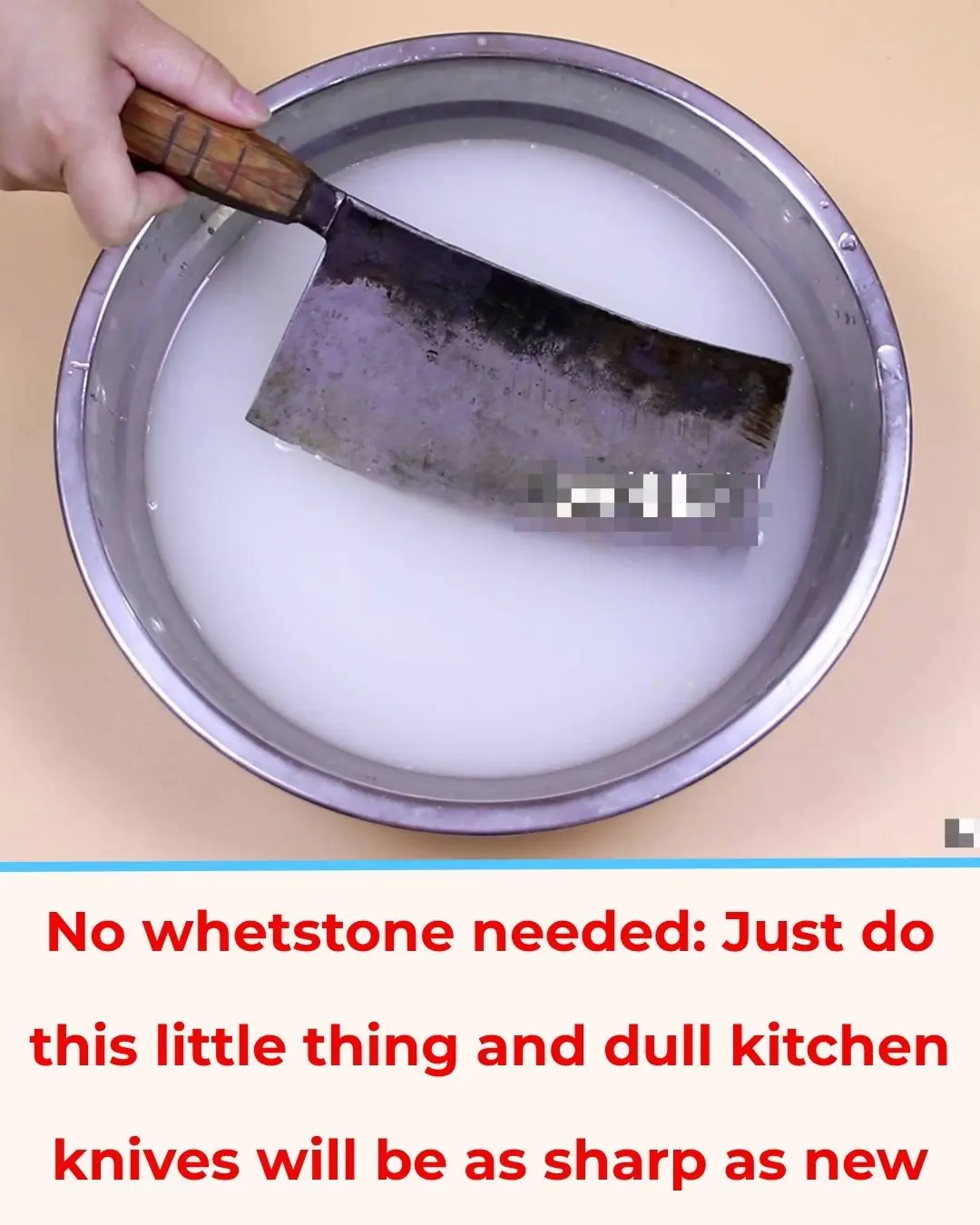
No Need for a Sharpening Stone: Just One Simple Trick to Make Your Dull Kitchen Knife as Sharp as New
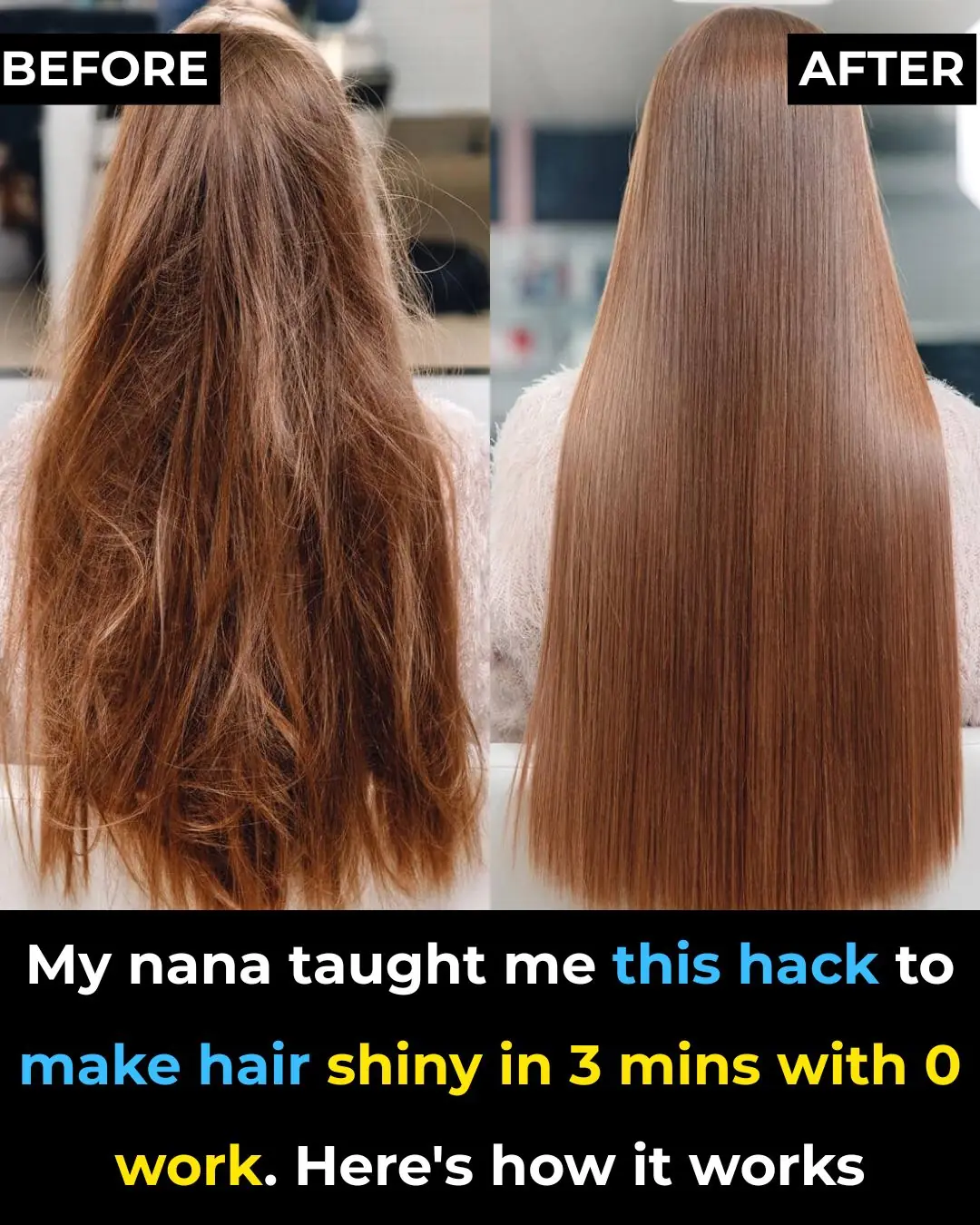
My nana taught me this hack to make hair shiny in 3 mins with 0 work. Here’s how it works

🕷️ Say Goodbye to Pests: A Natural Bathroom Trick That Helps Repel Insects

Powerful Beetroot and Lemon Juice: Your Natural Ally Against Hypertension

Top 12 foods that clean your blood naturally
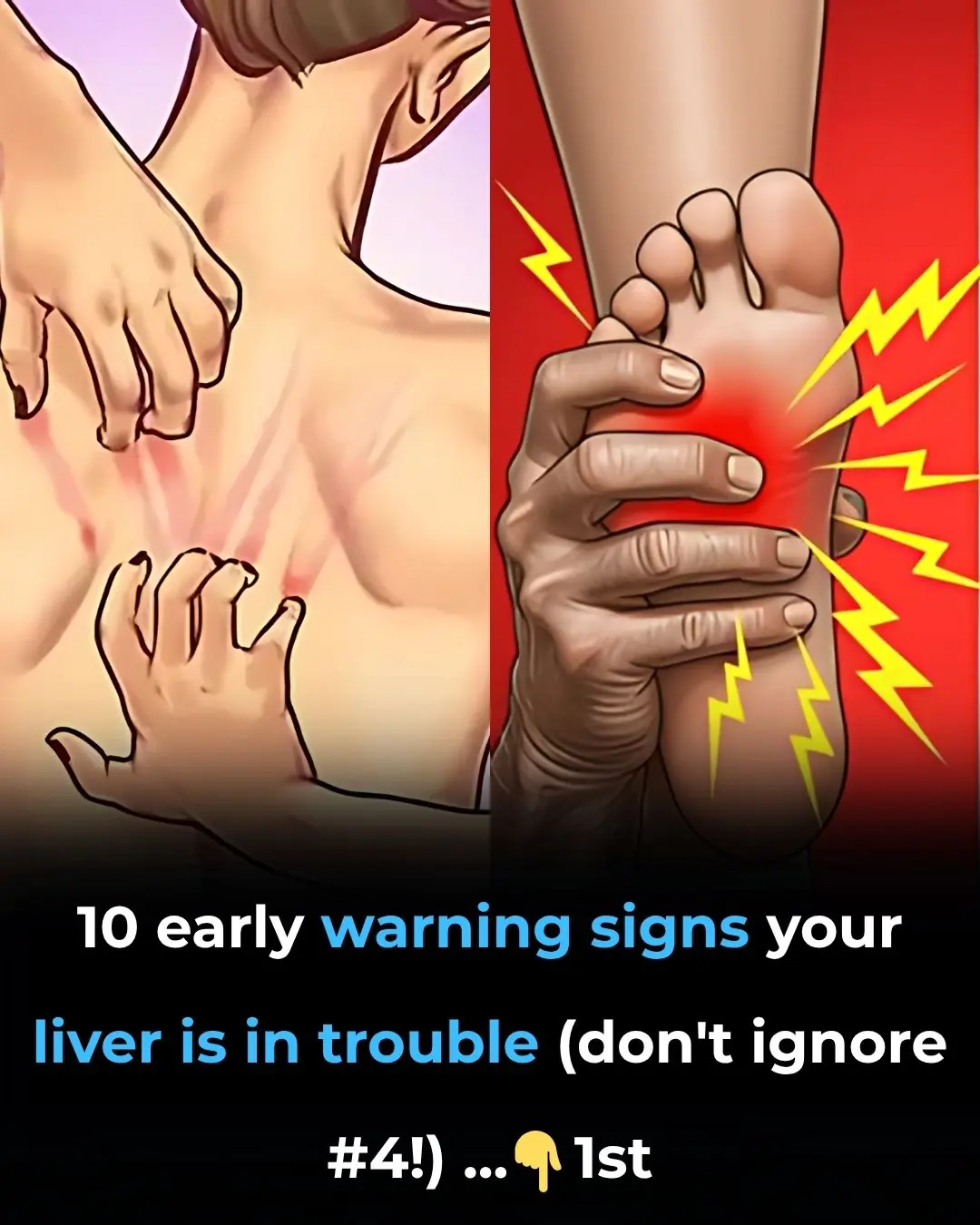
10 early warning signs your liver is in trouble (don’t ignore #4!)

Should you eat sprouted potatoes or not?
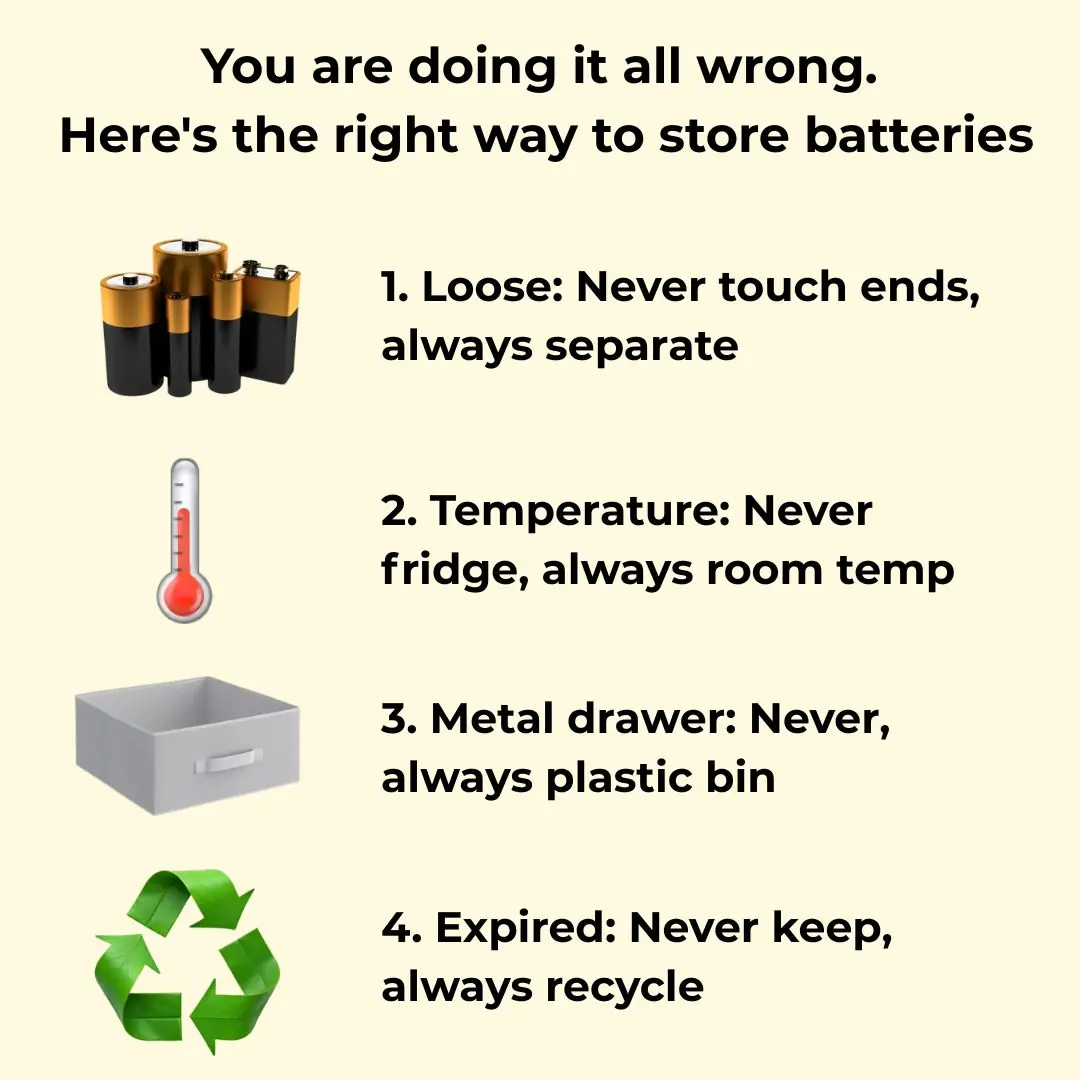
You are doing it all wrong. Here’s the right way to store batteries
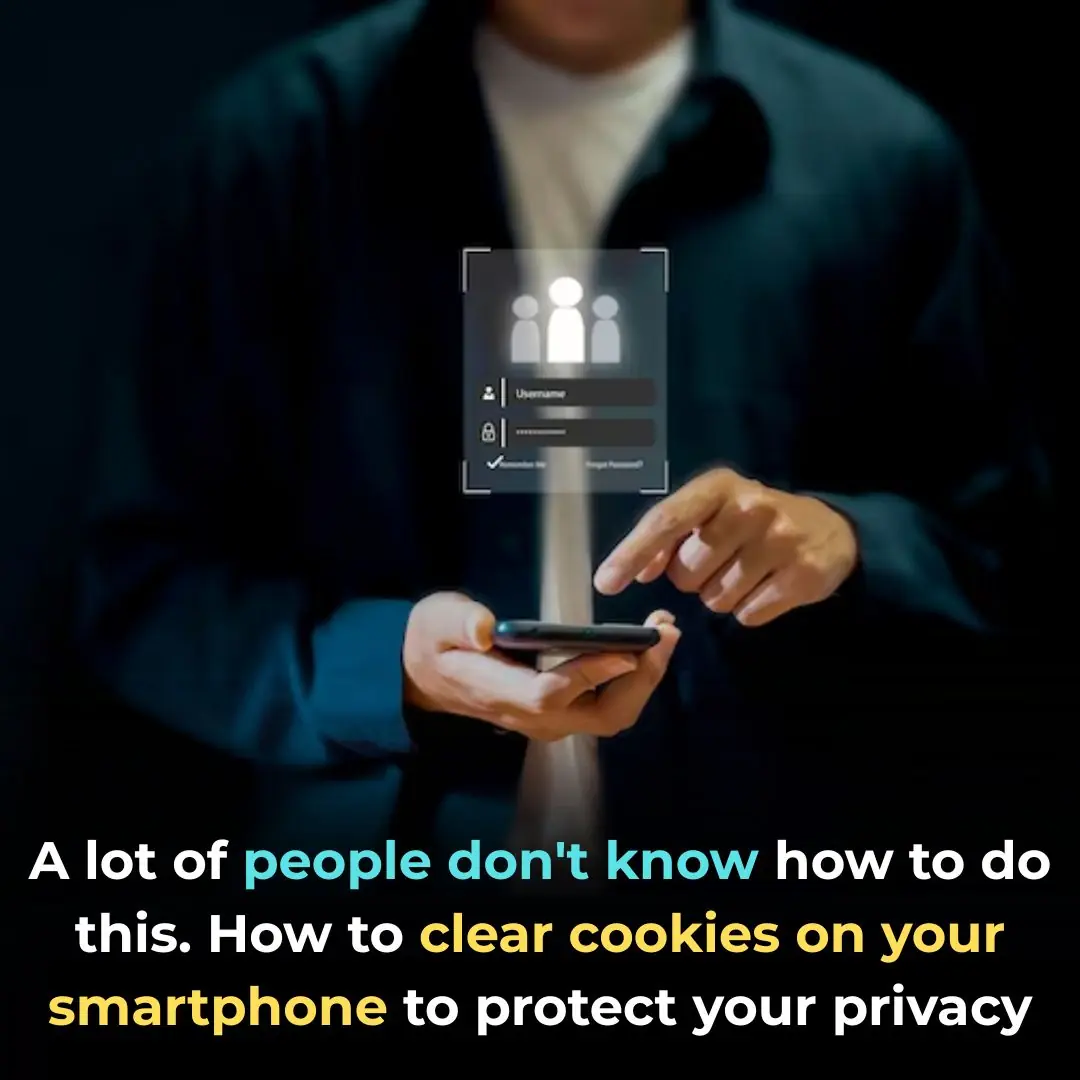
Haven't heard that before
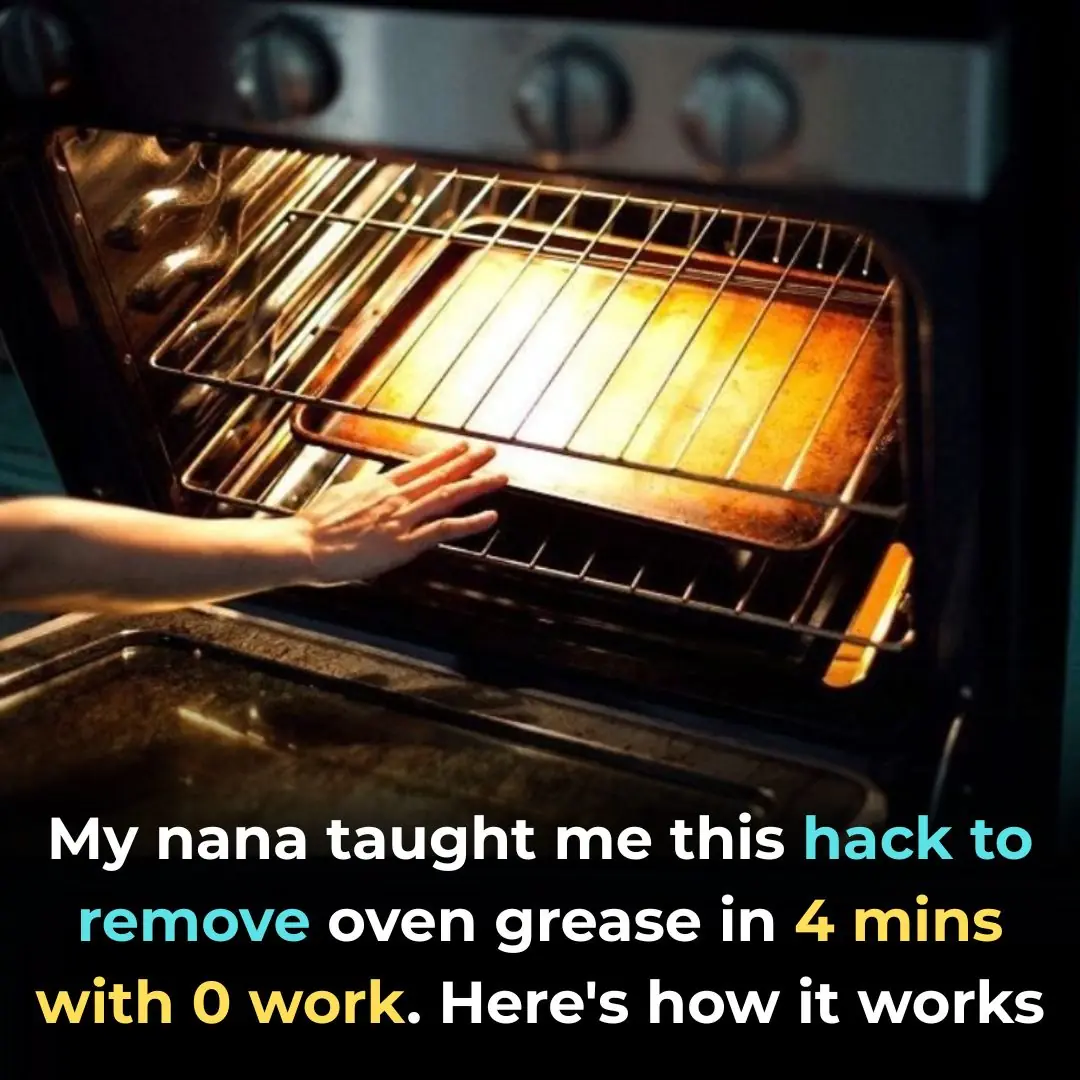
My nana taught me this hack to remove oven grease in 4 mins with 0 work. Here’s how it works

The Final Sound: What the “Death Rattle” Really Means in the Last 24 Hours of Life
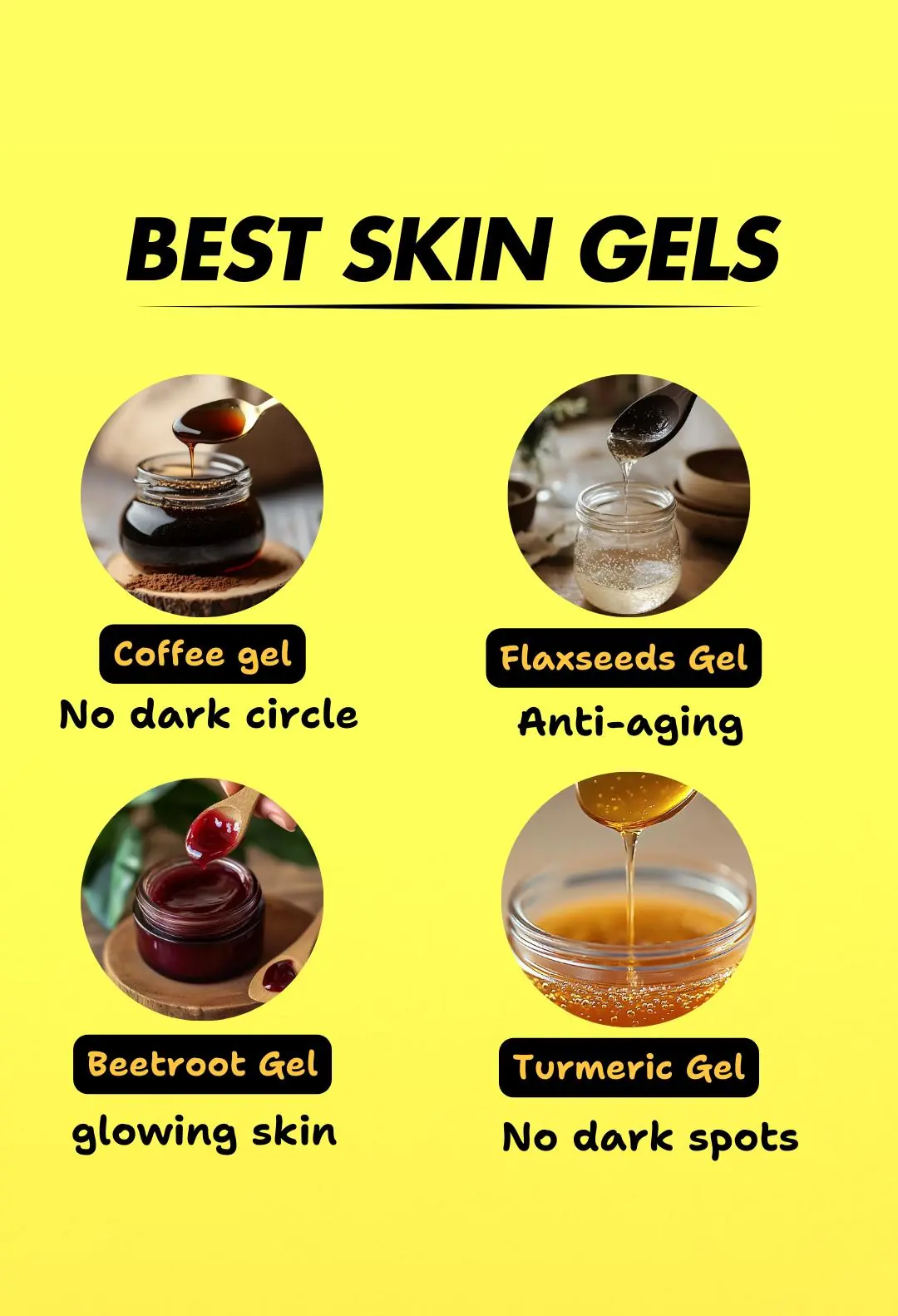
Coffee Gel For Eye Wrinkles
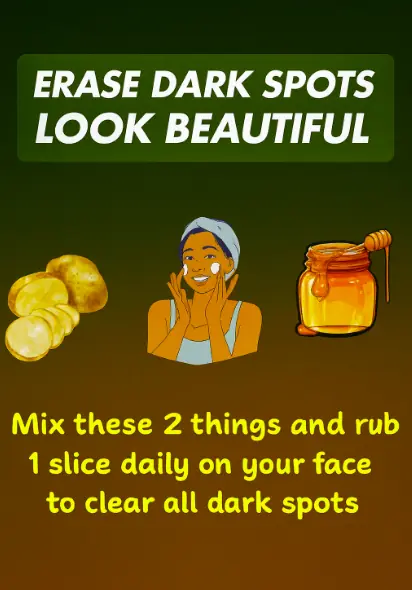
4 Effective Ways to Fade Dark Spots Using Potatoes

Add potato to coffee to get rid of wrinkles in just 1 week

The DIY anti-ageing cream that is very effective to get rid of wrinkles and fine lines on your face
